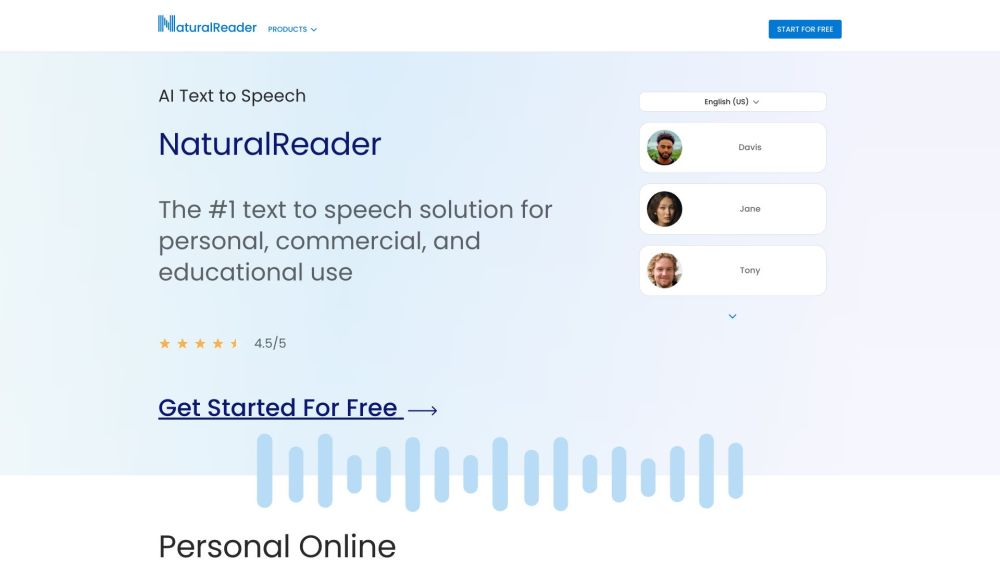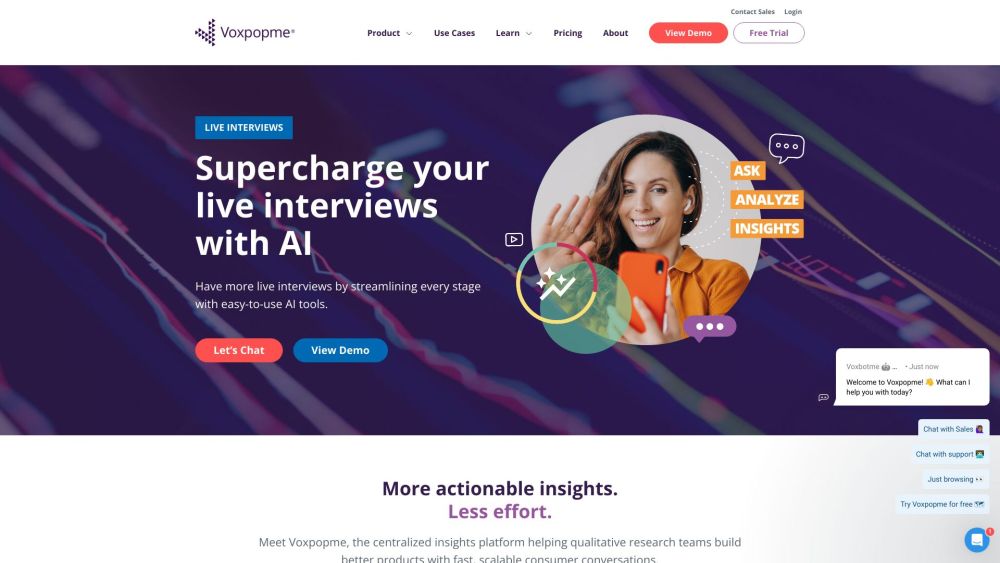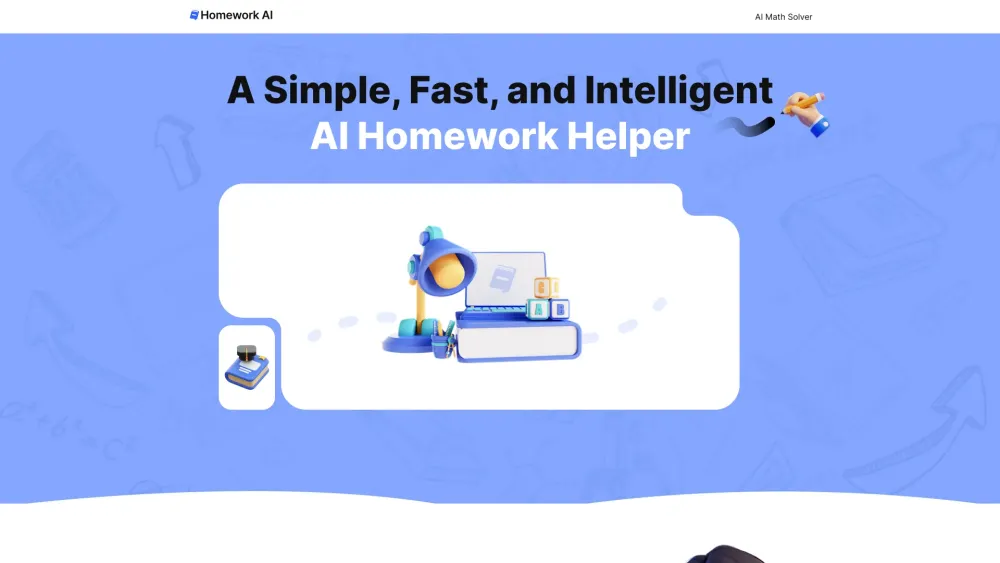Time Travel Through AI: Meet Your Future Self
Time travel often captivates audiences in movies, showcasing protagonists who utilize time machines to reshape their destinies. While actual time machines remain fictional, researchers at MIT have created an innovative AI chatbot named "Future Self." This tool simulates users' 60-year-old selves to foster self-reflection and encourage positive behavior changes, guiding users toward informed decisions for long-term well-being and personal success.
The chatbot crafts a digital representation of the user as an older adult, featuring realistic traits such as wrinkles and gray hair. It uses the user's current goals to generate plausible memories and narrate a fulfilling life journey. For example, a student aspiring to become a biology teacher might inquire about pivotal career moments with their simulated future self, who could share a story about helping a struggling student regain confidence: "Witnessing that student's pride and excitement was incredibly rewarding."
If life distractions—such as entertainment, poor diet, or excessive drinking—are sidelining your goals, or if you're facing setbacks, it might be time to have a dialogue with your future self. To engage with the chatbot, users answer questions about their current life, relationships, past experiences, and aspirations. After uploading a portrait, the tool digitally ages the image, presenting a representation of the user at age 60.
This process involves inputting users' answers into a sophisticated model, allowing the chatbot to craft personalized responses based on a rich backdrop of shared narratives. Powered by OpenAI's GPT-3.5, the chatbot introduces itself as the user's future self and shares imagined life experiences. It's important to note that "Future Self" offers a simulation of potential futures rather than definitive predictions, granting users the ability to explore different scenarios by adjusting their responses.
A recent study with 344 volunteers revealed that conversations with the chatbot significantly reduced anxiety and strengthened users' connections with their future selves. Project lead Pat Pataranutaporn highlighted that this enhanced connection could lead to improved decision-making, including setting specific goals, sustaining exercise routines, adopting healthier eating habits, and planning for financial security.
Professor Ivo Vlaev from the University of Warwick underscores the common challenge of envisioning future selves. However, when individuals successfully do so, they often experience greater perseverance, healthier lifestyles, and better financial strategies. The chatbot's effectiveness relies on providing meaningful and relevant conversations. If users perceive the interaction as genuine and insightful, it can create a meaningful impact; otherwise, if the exchange feels superficial, its influence may wane.




